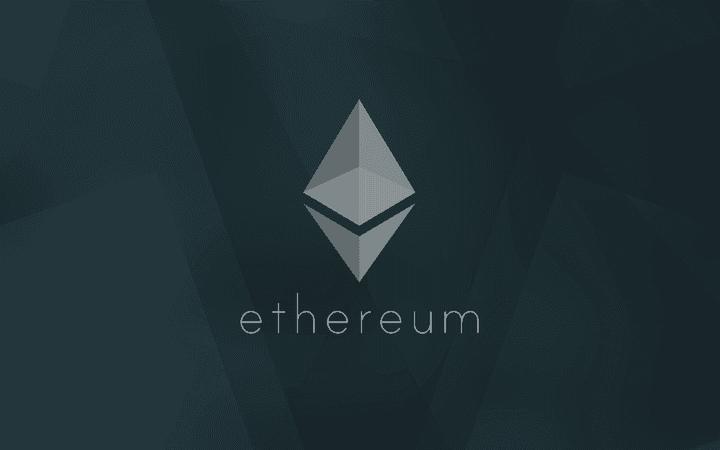Blockchain technology, with Ethereum at its forefront, has revolutionized the digital landscape. Ethereum, a decentralized platform for creating smart contracts and decentralized applications (DApps), operates on a complex system of resource pricing that involves CPU, bandwidth, and storage costs.
In this article, we will unravel the intricacies of Ethereum’s resource pricing, shedding light on the fundamental elements that drive the economics of this groundbreaking technology. Explore the site ethereumcode.app to delve deeper into Ethereum’s mechanisms and functionalities.
Ethereum’s Computational Engine: CPU Costs
At the heart of Ethereum’s functionality lies its Virtual Machine (EVM), the computational engine responsible for executing smart contracts. The CPU, or Central Processing Unit, plays a pivotal role in this process. Ethereum transactions, including smart contract executions, require computational power, and the associated costs are measured in gas.
Gas prices, denominated in Ether, reflect the computational complexity and execution time of a given transaction. Smart contracts with more intricate logic and operations demand higher gas fees. Developers must carefully consider the trade-offs between functionality and cost when designing smart contracts, navigating the delicate balance between efficiency and expense.
Navigating the Data Highway: Bandwidth Costs
Bandwidth, a critical but often overlooked aspect of Ethereum’s resource pricing, governs the communication between nodes in the Ethereum network. As nodes propagate transactions and smart contract data, bandwidth usage becomes a key factor in determining costs.
The Ethereum network relies on a peer-to-peer protocol, necessitating efficient data transfer. As the network scales, challenges arise in managing bandwidth effectively. Sharding, a proposed scaling solution for Ethereum, aims to alleviate bandwidth constraints by distributing the workload across multiple shards. Network upgrades, such as Ethereum 2.0, further address bandwidth issues, emphasizing the ongoing efforts to optimize Ethereum’s data highway.
Storage Wars: Unraveling Ethereum’s Storage Costs
Persistent storage within Ethereum is another vital component of resource pricing. Smart contracts maintain states, and the data stored in the Ethereum blockchain incurs costs. Storage costs are primarily driven by the amount of data a smart contract accumulates and retains over time.
Developers must carefully consider data storage strategies to optimize costs. Ethereum’s gas cost dynamics mean that minimizing unnecessary data storage is essential. Balancing the need for historical data with the associated costs poses a challenge, with developers aiming to strike an equilibrium between efficient resource use and long-term sustainability.
Gas Fees and Market Dynamics
Gas fees serve as the universal currency within the Ethereum ecosystem, acting as the mechanism for resource pricing. Users pay gas fees to execute transactions and deploy smart contracts, creating a competitive market for block space.
Gas prices are influenced by various factors, including network congestion and market demand and supply. During times of high demand, gas prices may spike, leading to increased transaction costs. Understanding the market dynamics and adapting to fluctuating gas fees is crucial for users and developers alike.
The Evolution of Resource Pricing
Ethereum’s resource pricing has undergone significant evolution since its inception. Historical trends reveal fluctuations in gas prices and resource costs, reflecting the dynamic nature of the blockchain space. Ethereum 2.0 represents a paradigm shift, introducing fundamental changes to the consensus mechanism and scalability solutions.
While Ethereum 2.0 promises improvements in resource efficiency and scalability, it also presents new challenges. The transition from proof-of-work to proof-of-stake and the implementation of shard chains mark a transformative phase in Ethereum’s development, with ongoing efforts to address resource pricing and enhance the platform’s overall performance.
Navigating the Resource Landscape: Tips for Developers and Users
For developers and users navigating Ethereum’s resource landscape, adopting cost-effective strategies is paramount. Developers can optimize smart contract design by considering gas efficiency, while users can choose opportune times to interact with the network to minimize gas fees.
Optimization techniques, such as gas token mechanisms and state channels, offer avenues for enhancing resource efficiency. As Ethereum continues to evolve, staying informed about these strategies becomes essential for effectively managing resource costs.
Conclusion
In conclusion, the intricate interplay of CPU, bandwidth, and storage costs shapes the fundamental dynamics of the Ethereum network. Smart contracts’ computational complexities and the nuanced challenges stemming from bandwidth limitations and storage considerations define the operational costs within the Ethereum ecosystem.
As Ethereum transitions into the era of Ethereum 2.0, the ongoing evolution of resource pricing introduces a landscape filled with both opportunities and challenges for developers and users alike. Navigating this complex terrain is crucial for anyone involved in the blockchain space, ensuring a comprehensive understanding of the factors influencing the network’s sustainable growth.







